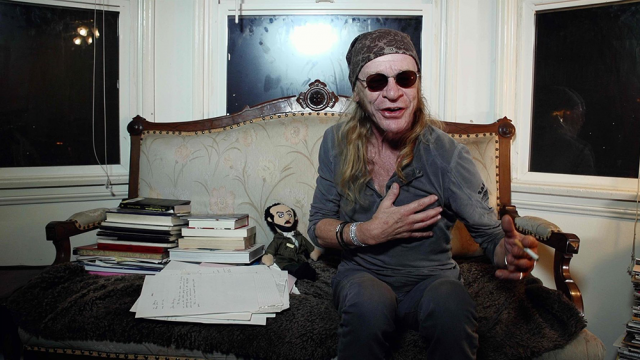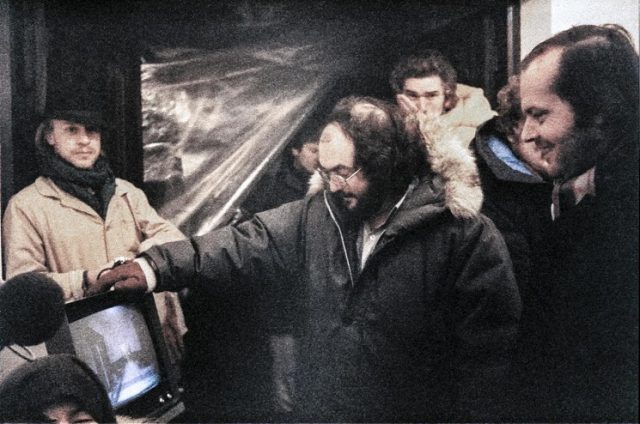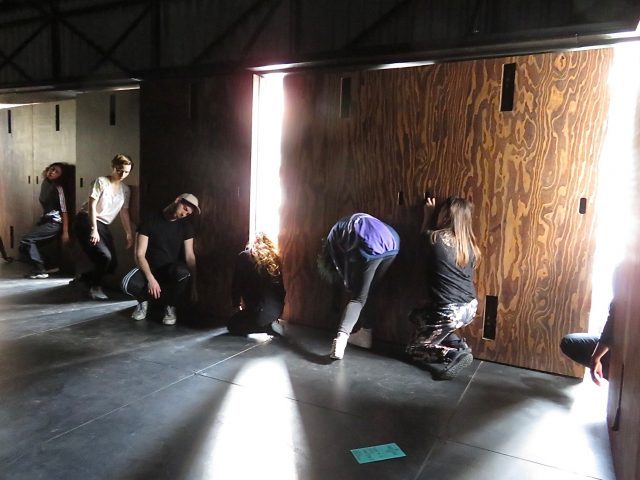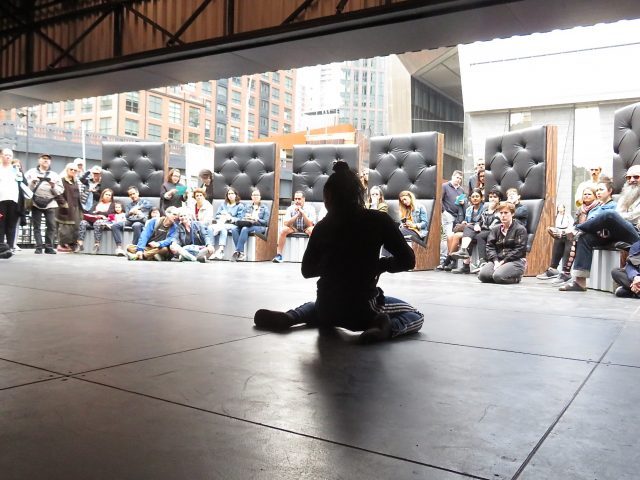
Brian Greene will moderate a discussion on black holes at World Science Festival
Multiple venues
May 29 – June 3
Most events free – $100
www.worldsciencefestival.com
The eleventh annual World Science Festival is another foray into the future, an inner exploration of the mind as well as an outer adventure into space. There will be lectures, panel discussions, workshops, labs, film screenings, readings, and more, at such locations as NYU, the American Museum of Natural History, and the Ace Hotel. Below are only some of the highlights.
Tuesday, May 29
Gala celebrating Marie Curie, Alice Ball, Rosalind Franklin, Vera Rubin, and Maryam Mirzakhani, with performances by Carolee Carmello, Hannah Elless, Rosemary Loar, Ingrid Michaelson, Alice Ripley, Michelle Wilson, and others, Jazz at Lincoln Center, $1,000+, 6:00 – 10:30
Wednesday, May 30
Cheers to Science: The Absence of Absinthe, Distilling the Science of the “Green Fairy,” with Kevin Herson and others, moderated by Shannon Odell, Liberty Hall at Ace Hotel, $40 (twenty-one and older only), 7:00
Bump: The Magic, Mystery, and Mechanics of Pregnancy, new play (Bump) by Chiara Atik, directed by Claudia Weil, performance followed by talkback, with Catherine Birndorf, Linsay Firman, and others, moderated by Lynn Sherr, Ensemble Studio Theatre, $25-$40, 7:00
Thursday, May 31
Planting the Seeds, Seeding the Plants: Can CRISPR Save the World?, with Dave Jackson, Carolyn Neuhaus, Yiping Qi, Friedrich Soltau, and Matthew R. Willmann, moderated by Brooke Borel, NYU Global Center, Grand Hall, $15-$25, 4:00
A Merger in Space: Black Holes and Neutron Stars, with Duncan Brown, Vicky Kalogera, Frans Pretorius, and Jocelyn Read, moderated by Mario Livio, NYU Global Center, Grand Hall, $15-$25, 6:00

World Science Festival includes special Lab Tours for Girls
Deep Dive Live: Trivia Night at the American Museum of Natural History, hosted by Faith Salie, $45-$100, 6:00 (includes special exhibition access)
Friday, June 1
World Science U, with Andrea Ghez, Sara Walker, and others, NYU Global Center, Grand Hall, free with advance registration, 10:30
Carl Zimmer: She Has Her Mother’s Laugh, with Carl Zimmer, moderated by Maria Konnikova, NYU Global Center, Grand Hall, $15-$25, 6:00
The Matter of Antimatter: Answering the Cosmic Riddle of Existence, with Marcela Carena, Janet Conrad, Michael Doser, Hitoshi Murayama, and Neil Turok, moderated by Brian Greene, Gerald W. Lynch Theater at John Jay College, $20-$100, 8:00
Saturday, June 2
Great Fish Count: 1 Fish, 2 Fish, I Fish, You Fish, Great Fish Count Sites, free (advance registration suggested), 9:00 am – 6:30 pm

Cook-off will pit human against machine at World Science Festival
Science and Story Cafe: The Story of Science, One Book at a Time, with Lisa Barrett, Michael Benson, Susana Martinez-Conde, Oren Harman, Janice Kaplan, Stephen Macknik, Barnaby Marsh, Ken Miller, and Andrew Revkin, moderated by Budd Mishkin and Richard Panek, NYU Kimmel Center, free (advance registration suggested), 10:00 am – 6:00 pm
Notes on the Folds: Why Music Makes Us Shiver, with Meagan Curtis, Mari Kimura, Edward Large, Psyche Loui, and others, moderated by John Schaefer, NYU Global Center, Grand Hall, $15-$25, 11:00
Backyard Wilderness, 3D film and postscreening BioBlitz,Lefrak Theater, the American Museum of Natural History, 2:30
To Be or Not to Be Bionic: On Immortality and Superhumanism, with Jessica Brillhart, S. Matthew Liao, Hod Lipson, and Max Tegmark, moderated by Mariette DiChristina, NYU Global Center, Grand Hall, $15-$25, 4:00
Saturday Night Lights: Stargazing in Brooklyn Bridge Park, with Ken Blackburn, Steve Howell, Kent Kirshenbaum, Steve Liddell, Hod Lipson, Scott M. Smith, Nicole Stott, Jennifer Swanson, and Bill Yosses, Pier 1, free (advance registration suggested), 7:00 – 11:00

World Science Festival features free stargazing in Brooklyn Bridge Park
Sunday, June 3
Science and Storytime: Science Books Come to Life, with Helaine Becker, Ken Blackburn, Lynn Brunelle, “Science Bob” Pflugfelder, Jennifer Swanson, and Mike Vago, moderated by Jana Grcevich and Olivia Koski, NYU Kimmel Center, free (advance registration suggested), 11:00 am – 5:00 pm
Alien Contact: What Happens Next?, with Kathryn Denning, David Kipping, Karen Lewis, and Marcelo Magnasco, moderated by Wendy Zukerman, NYU Global Center, Grand Hall, $15-$25, 11:00
Flame Challenge: “What Is Climate?,” with Michael Bronski, Cyndy Desjardins, Soumyadeep Mukherjee, and Bernadette Woods Placky, moderated by Alan Alda, NYU Skirball Center for the Performing Arts, $15-$100, 1:30
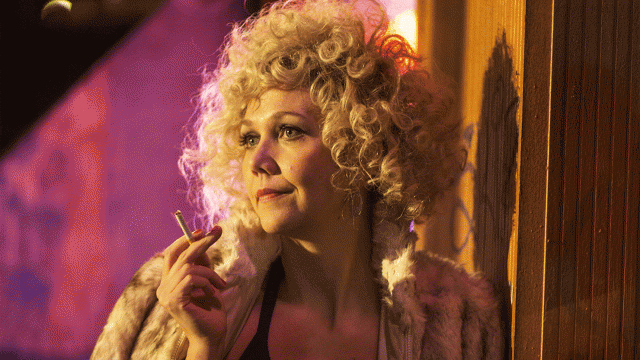
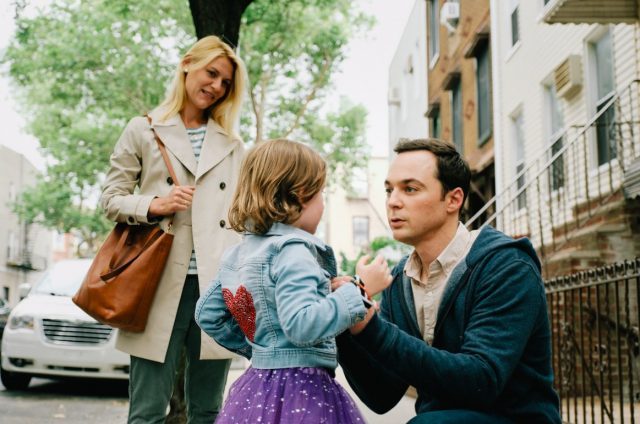
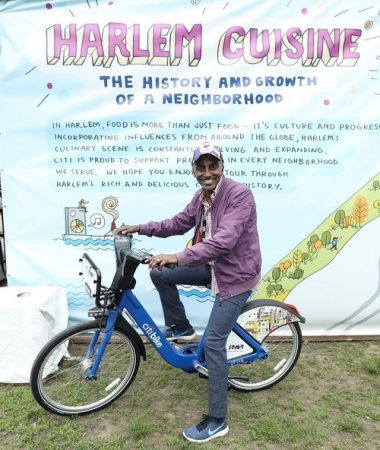
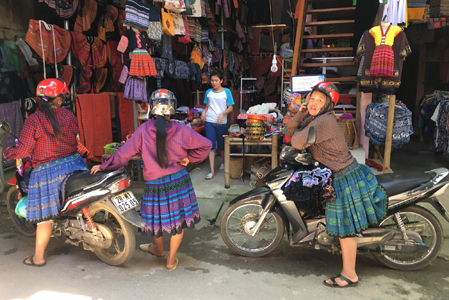
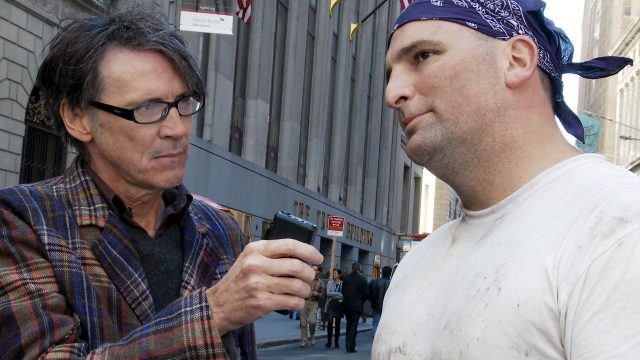
 In October 2008, in the midst of the Barack Obama / John McCain presidential election and the mortgage crisis, filmmaker Rachel Shuman took to the streets of New York City with Clay Pigeon, host of The Dusty Show on WFMU, interviewing people as they made their way across Manhattan and other boroughs. The Boston-born, Beacon-based Shuman intended to capture a moment in time and not release the film until after Obama’s second term ended to see how life in the city changed. The result is One October, a kind of love letter to who we were, are, and will be. Inspired by Chris Marker’s 1963 film Le Joli Mai, in which the French director interviewed people on the streets of Paris, Shuman follows Pigeon, Radio Shack mini tape recorder in hand, as he wanders through Central Park, Harlem, Washington Square Park, the Lower East Side, Madison Square Park, the Financial District, the Brooklyn Bridge, Willets Point, Tompkins Square Park, and other locations, approaching a series of men and women who share fascinating details about their personal and professional lives; the Iowa-born Pigeon has an innate knack for quickly understanding his subjects, asking intuitive questions that often surprise them. He speaks with a former freelance photographer who now works construction to make more money for his family, an ambitious lawyer who wants to work at the UN, a mixed-race couple sitting on a bench, a woman railing against the gentrification of Harlem, and a homeless man who turns the tables on the soft-spoken Pigeon. “It’s always interesting to see how the random collection of souls falls together and how the next chapter bears fruit or lies fallow,” he says on his radio show.
In October 2008, in the midst of the Barack Obama / John McCain presidential election and the mortgage crisis, filmmaker Rachel Shuman took to the streets of New York City with Clay Pigeon, host of The Dusty Show on WFMU, interviewing people as they made their way across Manhattan and other boroughs. The Boston-born, Beacon-based Shuman intended to capture a moment in time and not release the film until after Obama’s second term ended to see how life in the city changed. The result is One October, a kind of love letter to who we were, are, and will be. Inspired by Chris Marker’s 1963 film Le Joli Mai, in which the French director interviewed people on the streets of Paris, Shuman follows Pigeon, Radio Shack mini tape recorder in hand, as he wanders through Central Park, Harlem, Washington Square Park, the Lower East Side, Madison Square Park, the Financial District, the Brooklyn Bridge, Willets Point, Tompkins Square Park, and other locations, approaching a series of men and women who share fascinating details about their personal and professional lives; the Iowa-born Pigeon has an innate knack for quickly understanding his subjects, asking intuitive questions that often surprise them. He speaks with a former freelance photographer who now works construction to make more money for his family, an ambitious lawyer who wants to work at the UN, a mixed-race couple sitting on a bench, a woman railing against the gentrification of Harlem, and a homeless man who turns the tables on the soft-spoken Pigeon. “It’s always interesting to see how the random collection of souls falls together and how the next chapter bears fruit or lies fallow,” he says on his radio show.